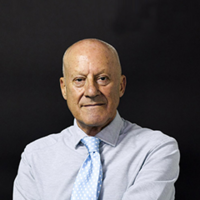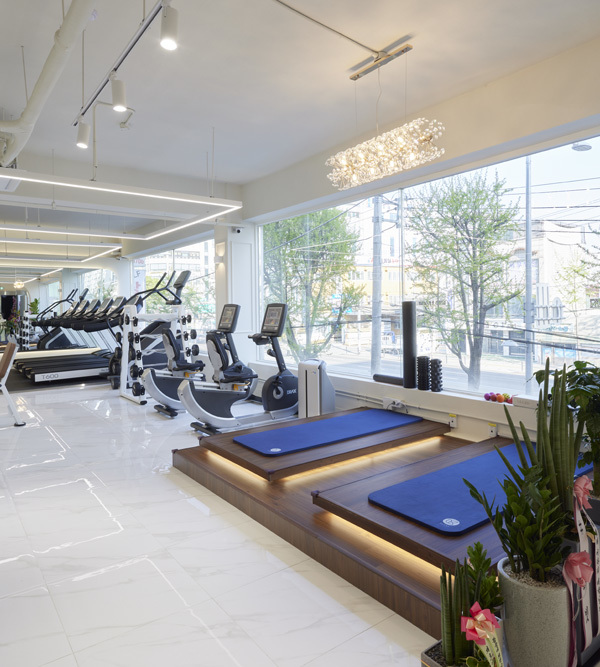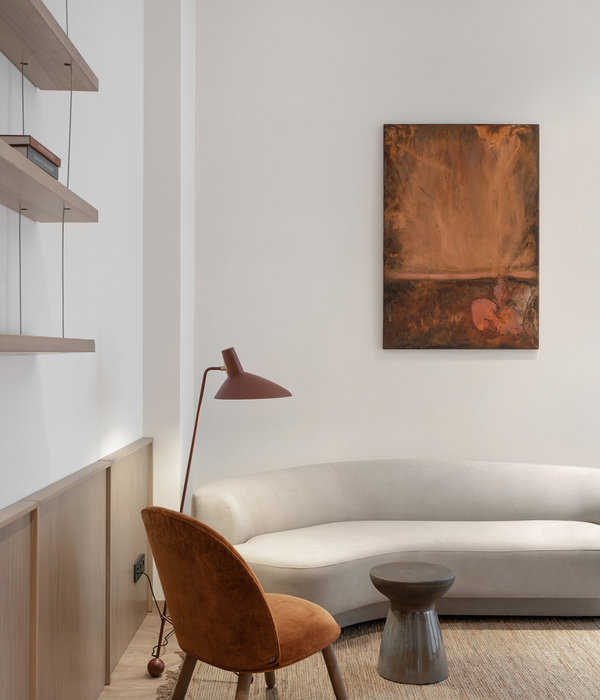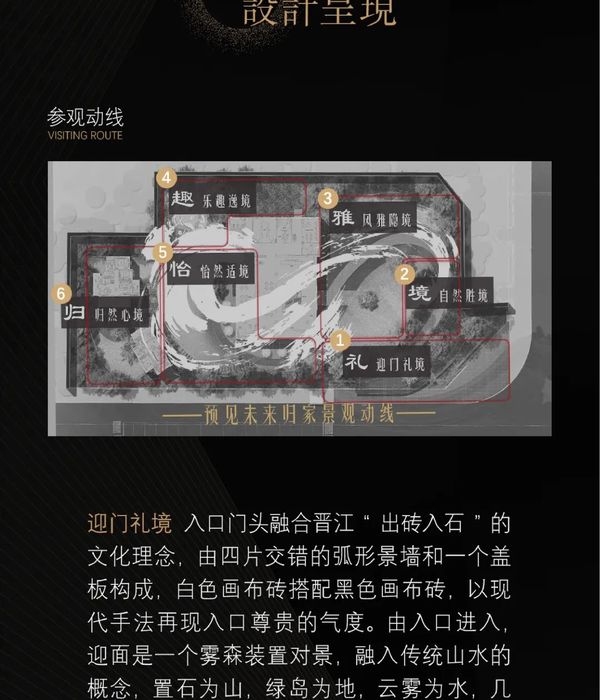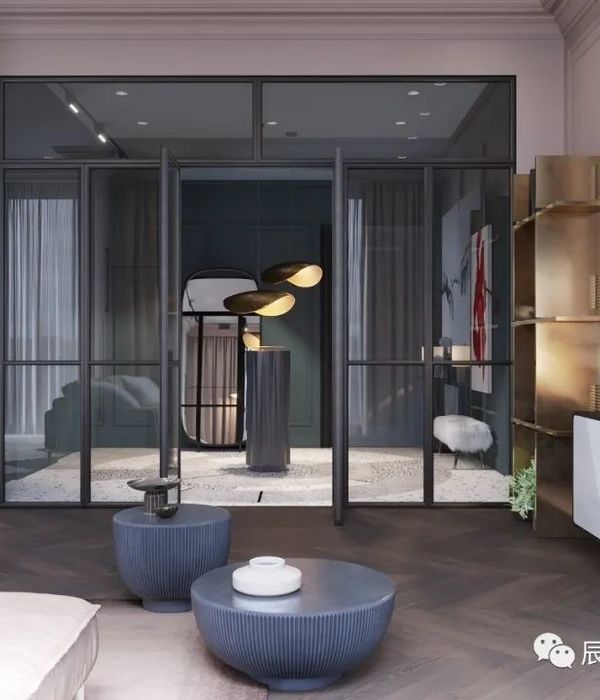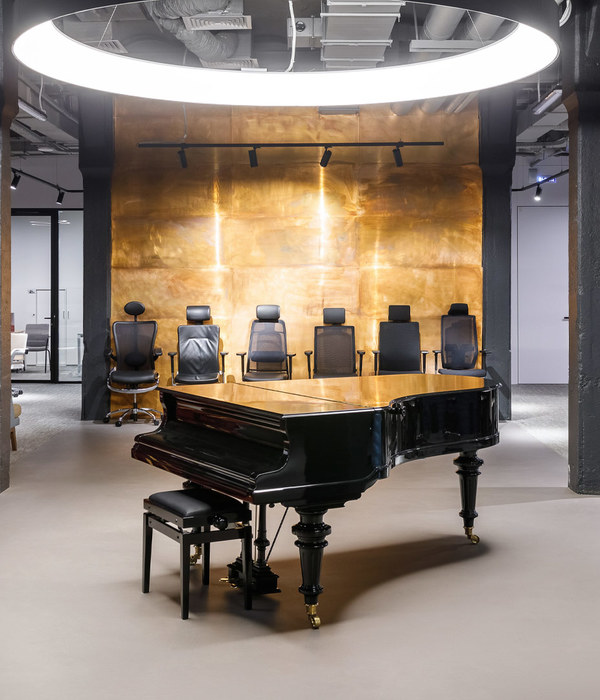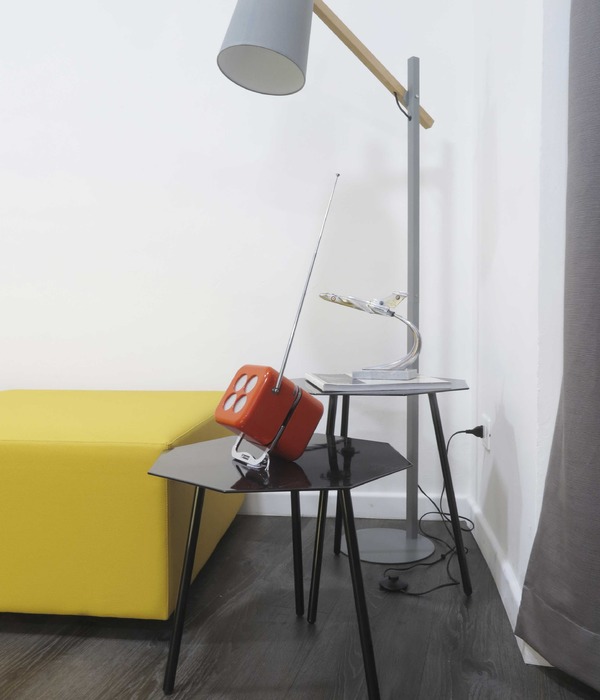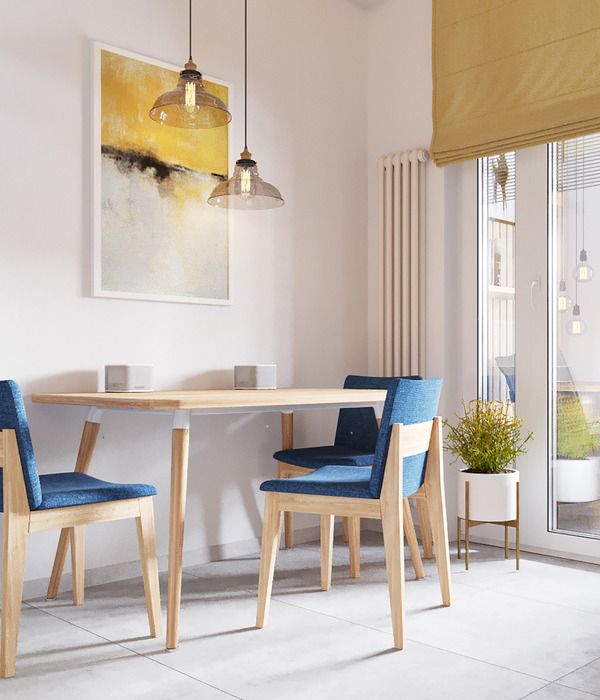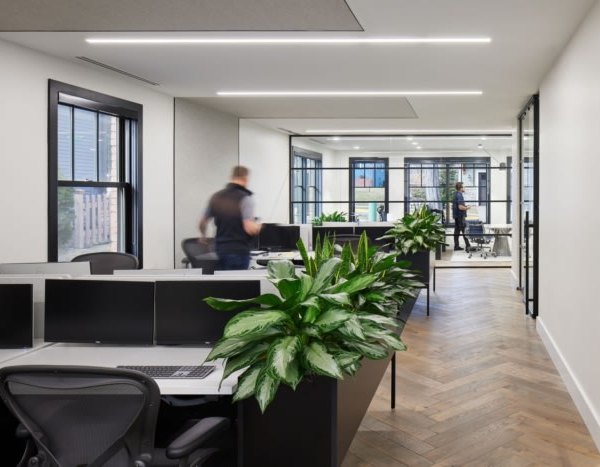2016 威尼斯建筑双年展 | 新奇、创新与公益交汇
Chilean Pritzker Prize winner Alejandro Aravena took on the curatorial helm in the vast Arsenale complex and Central Pavilion for this year's Venice Architecture Biennale. His first room in both locations references back to past shows, made using elements from the previous biennale. Photography: Italo Rondinella
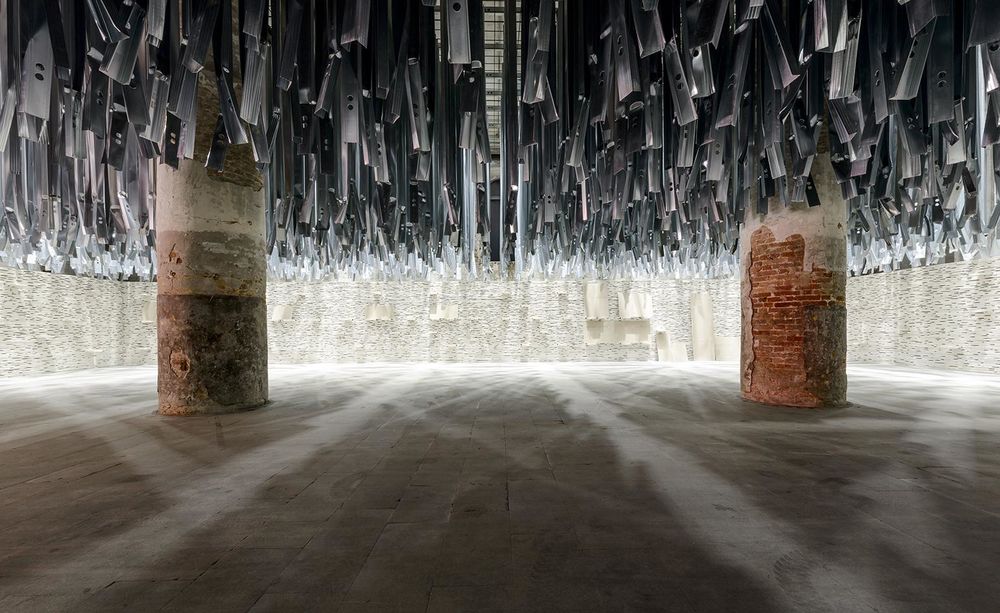
这是第15届威尼斯建筑双年展,展示了所有凶残的少年时代的迹象。那里有彻底的反叛和对长者的不情愿的尊重,所有这些都与相当多的政治、制造厄运和焦虑交织在一起。由智利建筑师亚历杭德罗·阿拉维纳(Alejandro Aravena)策划的“前线报道”(Report From The Front)将当代建筑描绘成一系列来自无数战场的连环画,其中一些是真实的,另一些则是针对无数资本和文化力量的。
近几年来,威尼斯双年展在世纪之交的StigCitoPipe展示中,在预算高涨、声望高涨、建筑在艺术并行不悖的边缘,以魅力和投资的相同光彩的情况下,发生了戏剧性的转变。那一刻过去了,老守卫正在前进,新一代似乎不想跟随。
阿拉维纳的双年展忠实于他的主题:新奇、创新和充满政治色彩的作品,首次将一些国家带入舞台,展示10年前几乎没有卫星的基层项目。然而,有些事情并没有改变,而且把复杂的项目提炼成大胆的形象的倾向-让无形的Instagramable,也许-在阿尔谢纳的许多大房间里占据了主导地位,阿拉维纳的大部分受邀者都是在那里聚集的。在第一个房间里,Aravena创造了一堆钢铁支架和从2014年的展览中挑选出来的石膏板,这里有视觉上引人入胜的装置、灯光和结构的组合,它们是对密集、文本重的显示器的欢迎对立面。
共有来自37个国家的88人参加,其中50人以前从未在威尼斯展出过。尽管老卫兵在场,但他们的参与更像是一次短暂的点头,而不是一次大规模的拥抱。这种方法对业余建筑工作室(AmataBuildingStudio)这样的演讲效果最好,后者展示了他们的中国项目背后的工艺,或者蒙古农村城市框架的工作。
在印度,Anupama Kundoo建筑师探索了实用材料和可用劳动力的局限性,尽可能少地创造出简单的结构。一只金狮被授予巴拉圭画室加宾特·德阿奎图拉,因为它在中央展馆的巨大抛物面砖拱,而银狮被授予尼日利亚建筑师昆莱阿代耶米,他的木框浮动学校,建立在亚瑟纳盆地。存在着色调冲突-鲍里斯贝纳索尼(Boris Bernaskoni)的马特雷克斯(Matrex)是斯科尔科沃创新中心的公共建筑,似乎与其他地方展示的低科技方法不一致。金库也是诺曼·福斯特的原型“多尼波特”的一个特色,这是一个简单想法的建筑设计(通过无人机在非洲分发药品)。
简单通常是成功的,比如Transsun Anja Terrfelder的引人注目的灯光安装,或贝尔建筑师探索新的系统建造类型的规模和范围,以帮助解决德国的巨大住房问题。亚拉韦纳国家-海湾国家、斯洛文尼亚、意大利、智利和更多的国家-展出了阿拉维纳宏伟(或者说不是那么宏伟)主题的各个方面,简单的建筑理念对最需要它的社区和文化产生了影响。大名鼎鼎与非传统遗址并置,也将这一信息带回了家,就像大卫·奇波菲尔在苏丹的那加博物馆(Naga Museum)一样。
建筑学倾向的侧步政治也得到了解决。中央展馆既看到了法医学建筑对无人机袭击造成的爆炸路径的可怕剖析,也看到了“证据室”(TheReferenceRoom),这是奥斯威辛毒气室收集的建筑数据,最初是为了对抗否认大屠杀的人,但在这里作为“建筑师犯下的最严重罪行”的证据出现在这里。
最后,它留给了V
Wang Shu and Lu Wenyu's Amateur Architecture Studio from China created an expansive installation exploring materials in their recent projects. Photography: Italo Rondinella
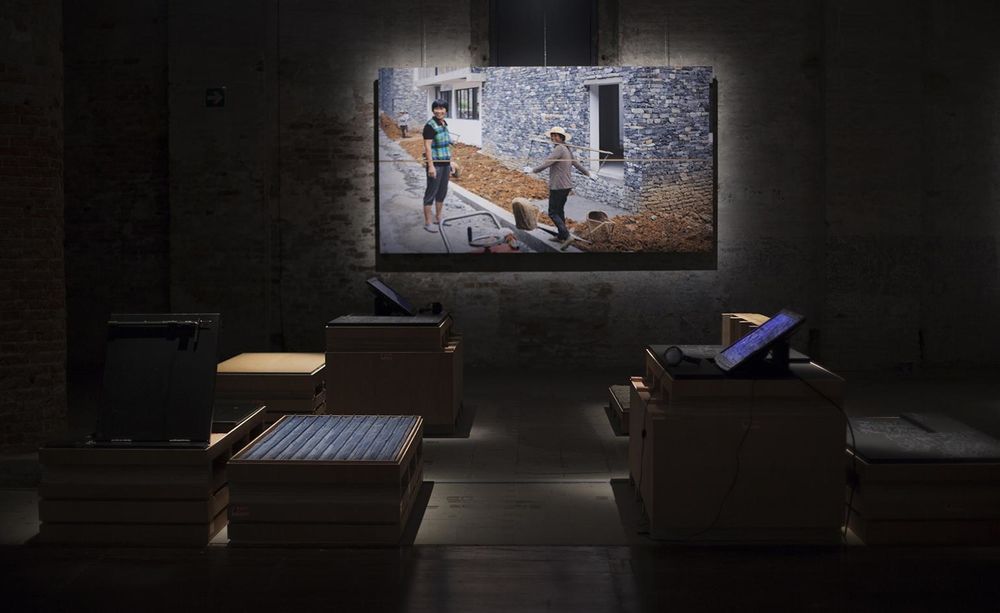
Indian, Madrid-based architect Anupama Kundoo showcased a full scale example of her low cost modular home model. Photography: Italo Rondinella
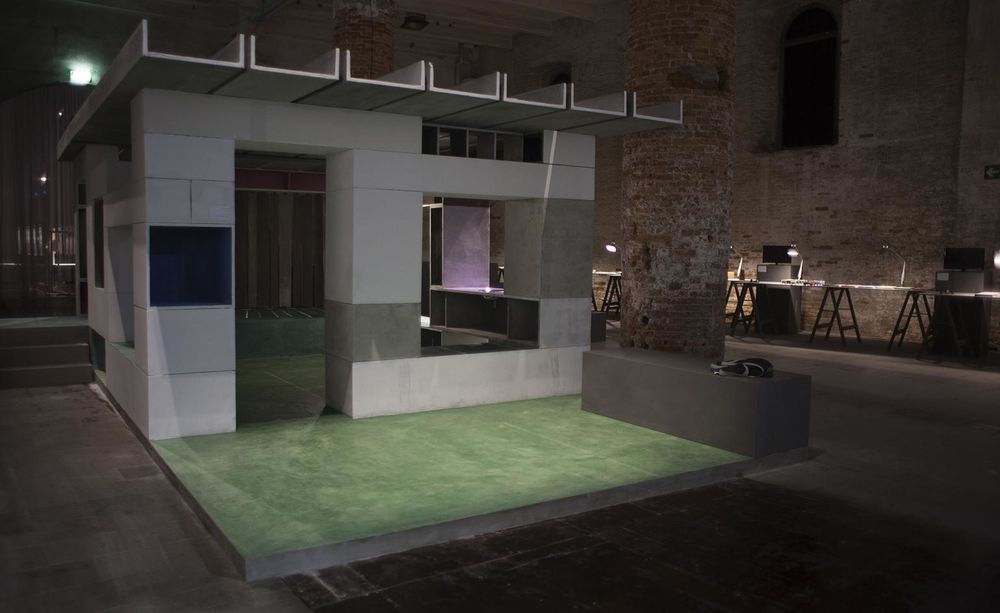
Also participating in the Arsenale's Corderie hall are BeL Sozietät für Architektur. Photography: Italo Rondinella
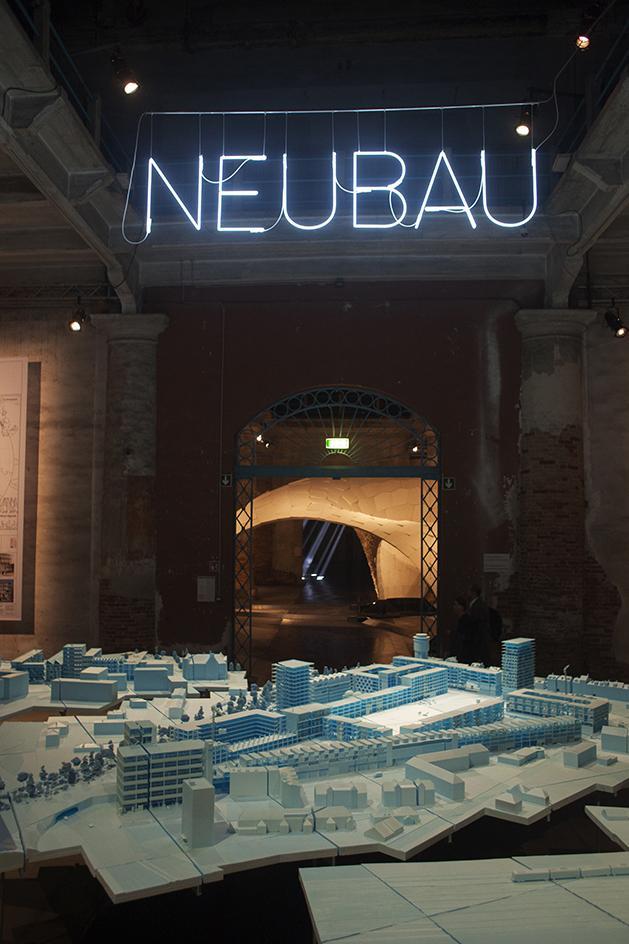
Russian architect Boris Bernaskoni added to the display with a large model of his Matrex project, a public building in Skolkovo. Photography: Italo Rondinella

A group consisting of ETH Zurich-Ochsendorf, DeJong & Block and the Escobedo Group were behind one more of the Corderie gallery's large scale installations. Photography: Italo Rondinella

Nearby, C+S Architects showcased the eye catching 'Aequilibrium', a 'self supported open knot'. Photography: Italo Rondinella
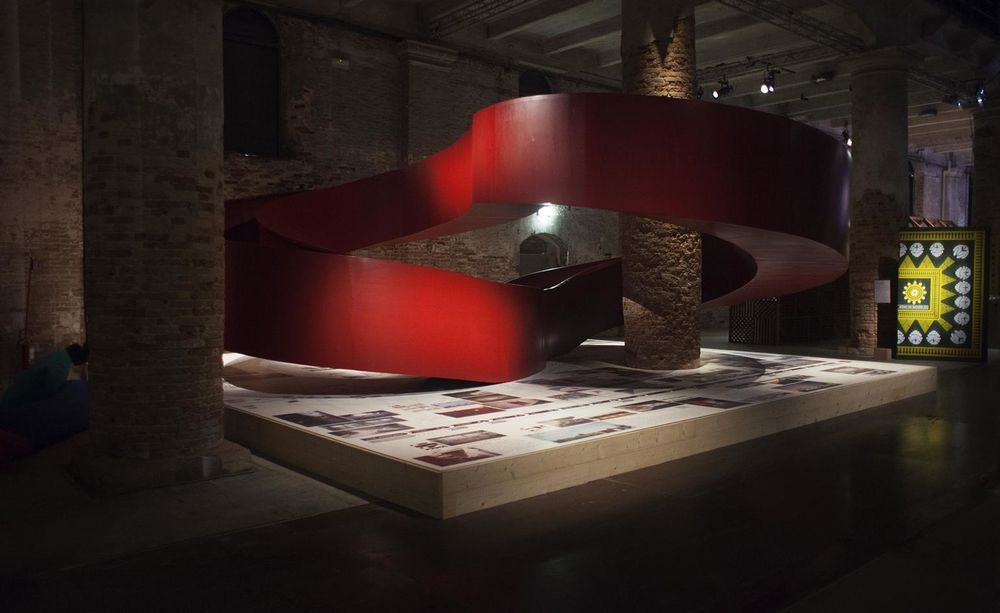
The Arsenale also contains fellow Chilean architect Cecilia Puga's contribution. Photography: Italo Rondinella
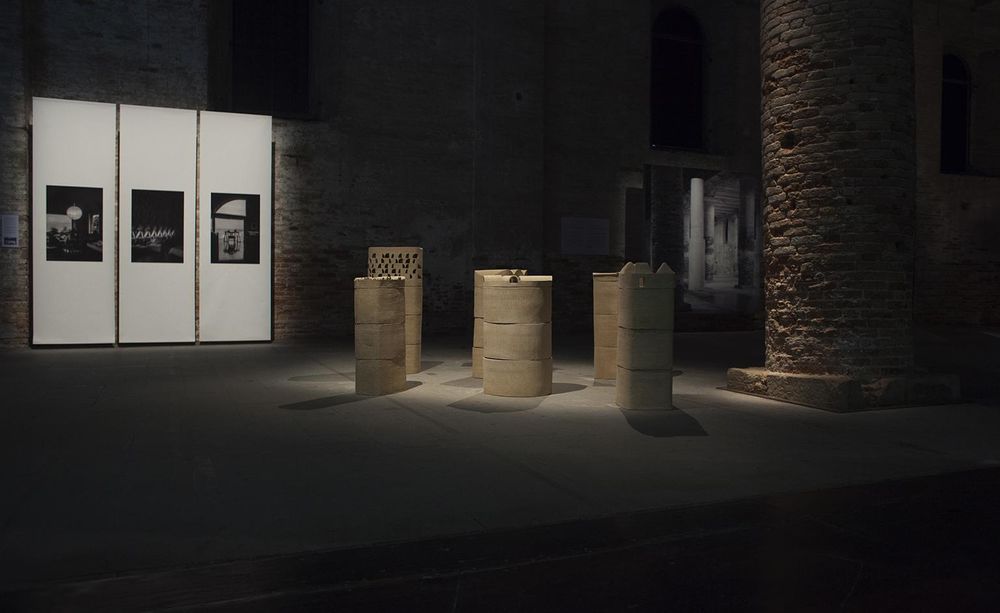
Swiss architects Christ & Gantenbein's participation in the Venice Architecture Biennale is their second; they also contributed to the 13th Biennale. Photography: Italo Rondinella
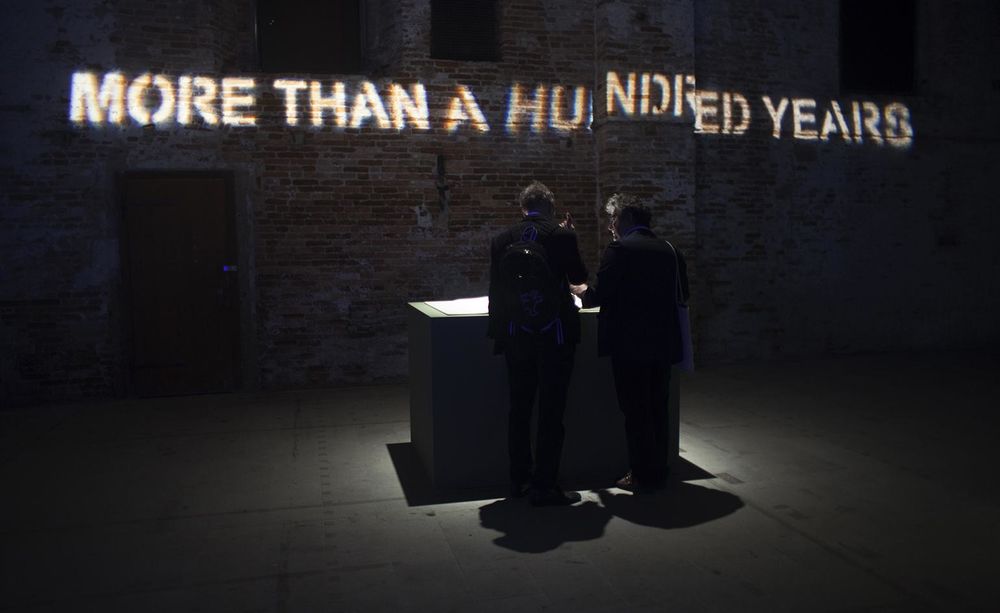
Portuguese architect Inês Lobo created an installation hidden behind semi-transparent curtains. Photography: Italo Rondinella
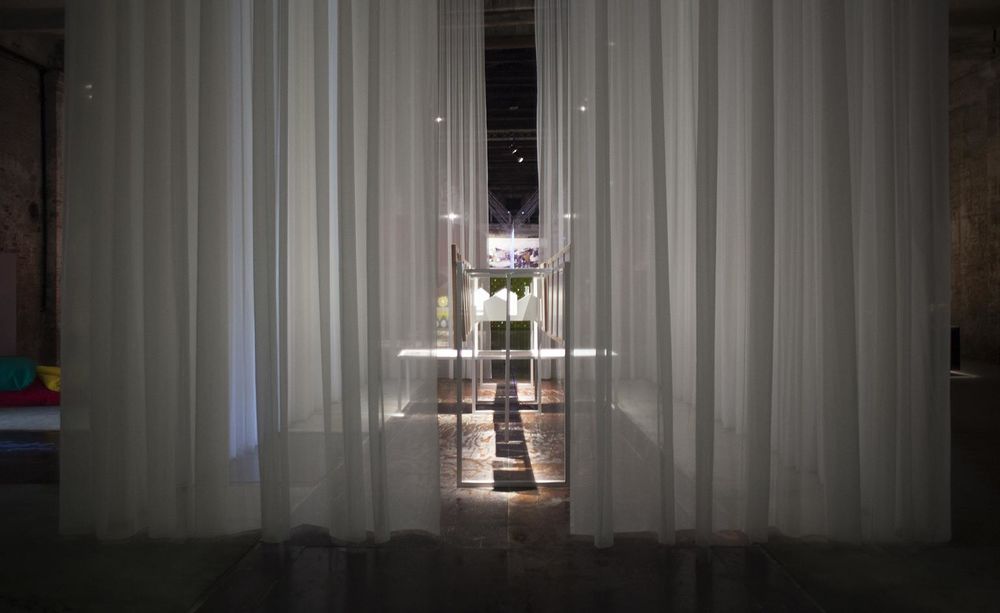
Drawing on their previous work, Austrians Marte.Marte created a sculptural display that hovers between art and architecture. Photography: Italo Rondinella
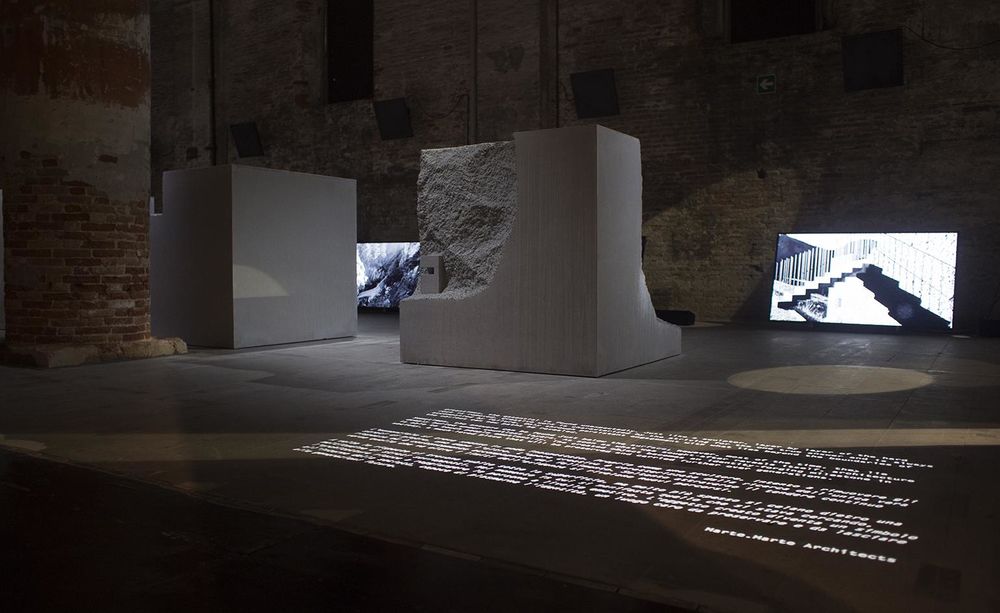
Portuguese architect Paulo David went for a similar approach. Photography: Italo Rondinella

Indian firm Studio Mumbai showcased their flair and masterful craftsmaking with an installation at the Arsenale. Photography: Italo Rondinella

One of the few starchitecture names in the Biennale this year, Tadao Ando displayed his Punta della Dogana museum in Venice. Photography: Italo Rondinella
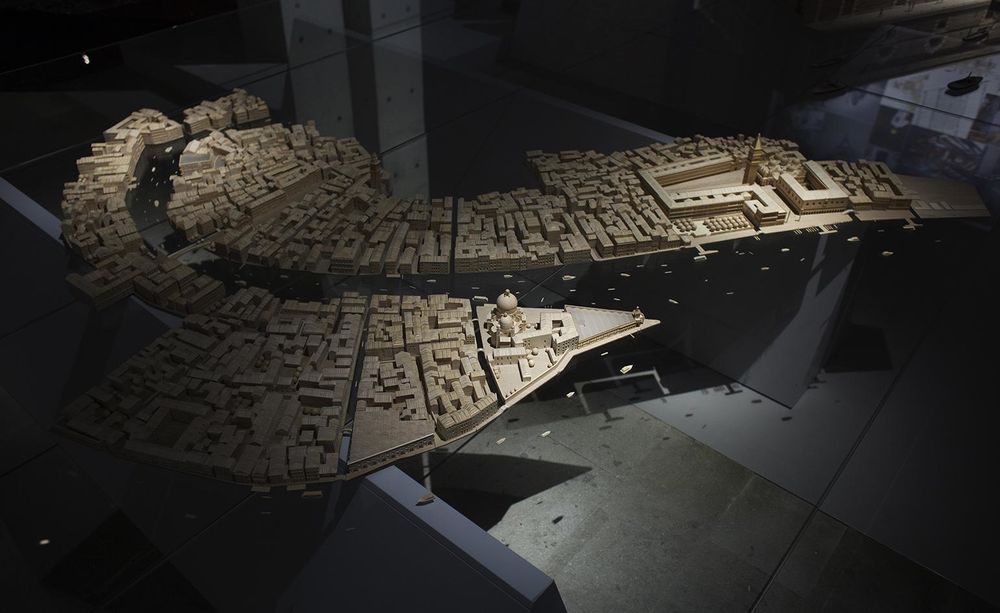
An arresting concept by Transsolar + Anja Thierfelder, this display created the illution of rays of light into the dimly lit Corderie galleries. Photography: Andrea Avezzu

Meanwhile, outside, on the grounds of the Arsenale complex, NLÉ and Kunlé Adeyemi's Makoko Floating School came to life. It won him the Silver Lion for a Promising Young Participant. Photography: Italo Rondinella
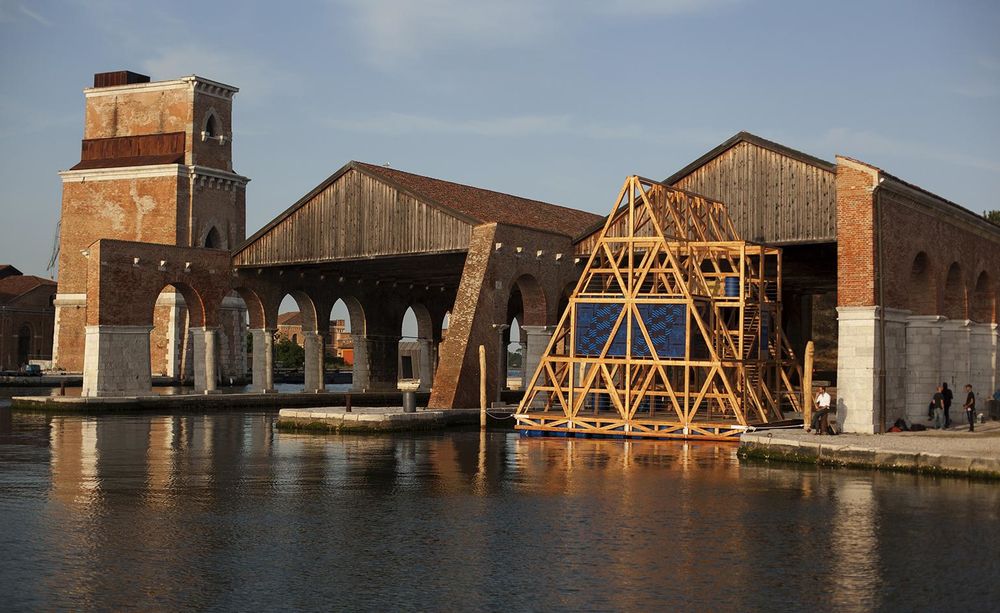
Nearby, a large scale pavilion by the Belgian/US Organization for Permanent Modernity. Photography: Italo Rondinella
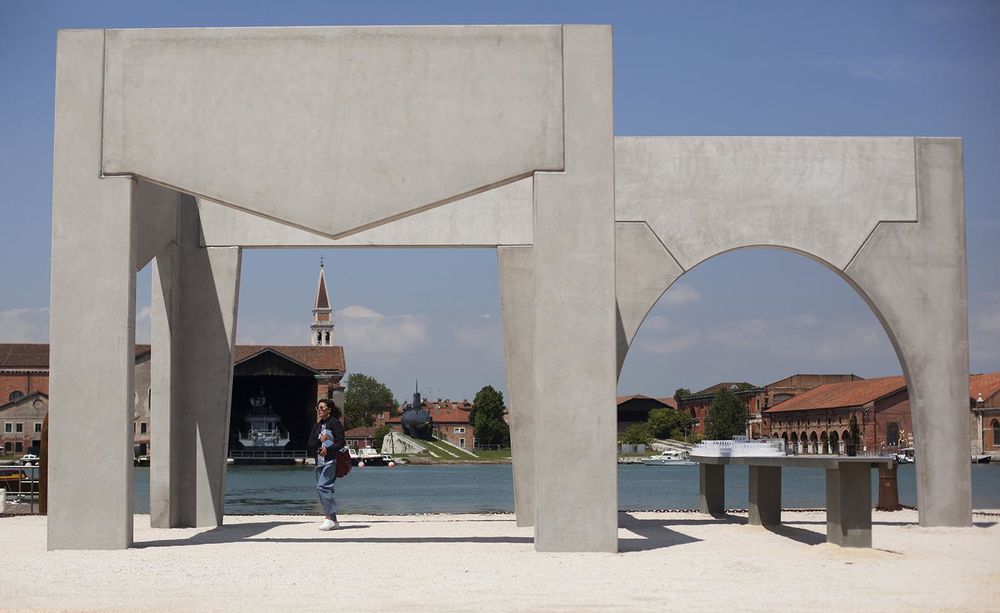
The Giardini's Padiglione Centrale hosted the second chunk of Aravena's show. Pictured here, a mesmerising light installation by Aires Mateus. Photography: Francesco Galli
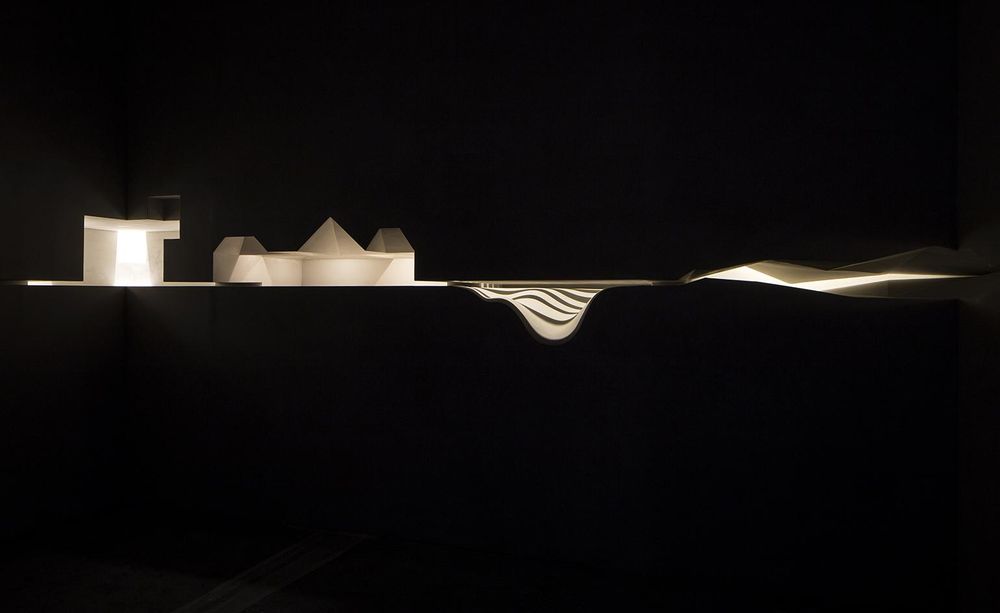
Arno Brandlhuber and Christopher Roth took the opportunity to elaborate on the former's 'Antivilla' project. Photography: Francesco Galli

Battle i Roig Arquitectes had a double presence at the Biennale this year – one in the Central Pavilion, exploring landfill landscapes and another at the collateral exhibition 'Catalonia in Venice'. Photography: Francesco Galli
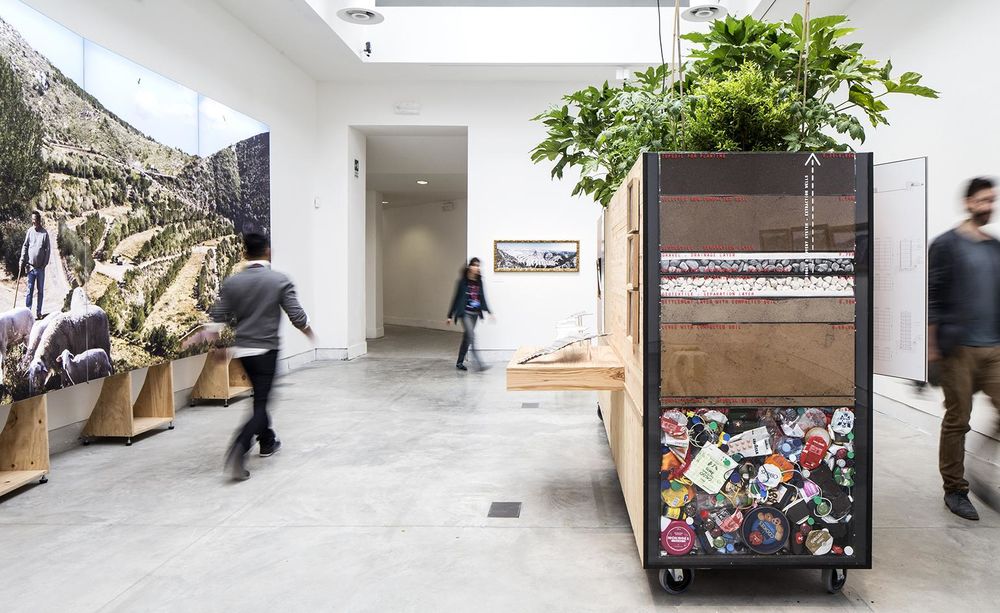
David Chipperfield showcases his work for the Naga Museum in Sudan. Photography: Francesco Galli
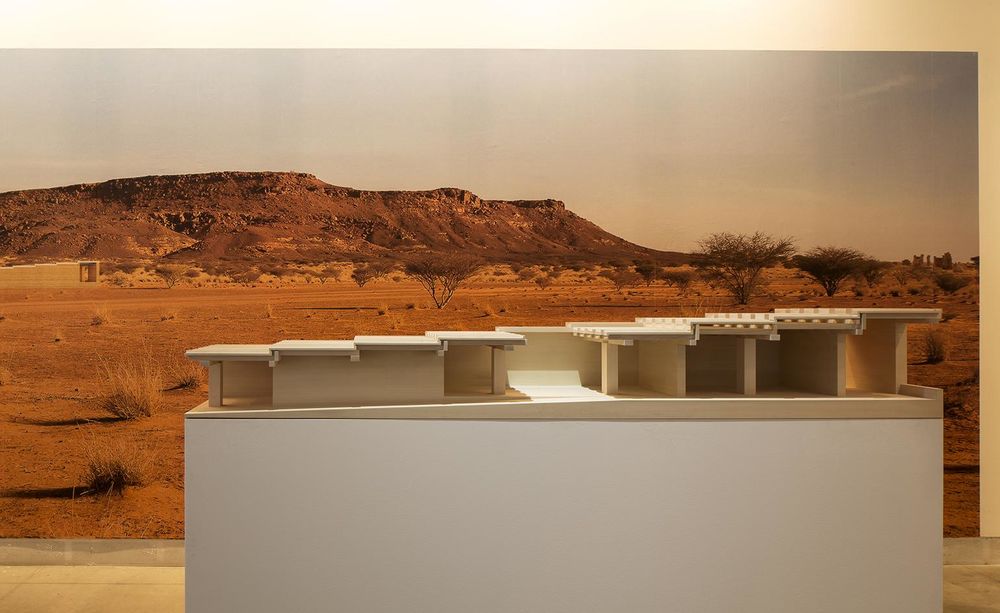
EPEA Internationale Umweltforschung present the 'Cradle to Cradle' design concept during the Biennale, showing how architecture can improve our quality of life. Photography: Francesco Galli

Gabinete de Arquitectura won the Golden Lion for Best Participant in the International Exhibition with their installation, working with simple materials and unskilled labour. Photography: Francesco Galli
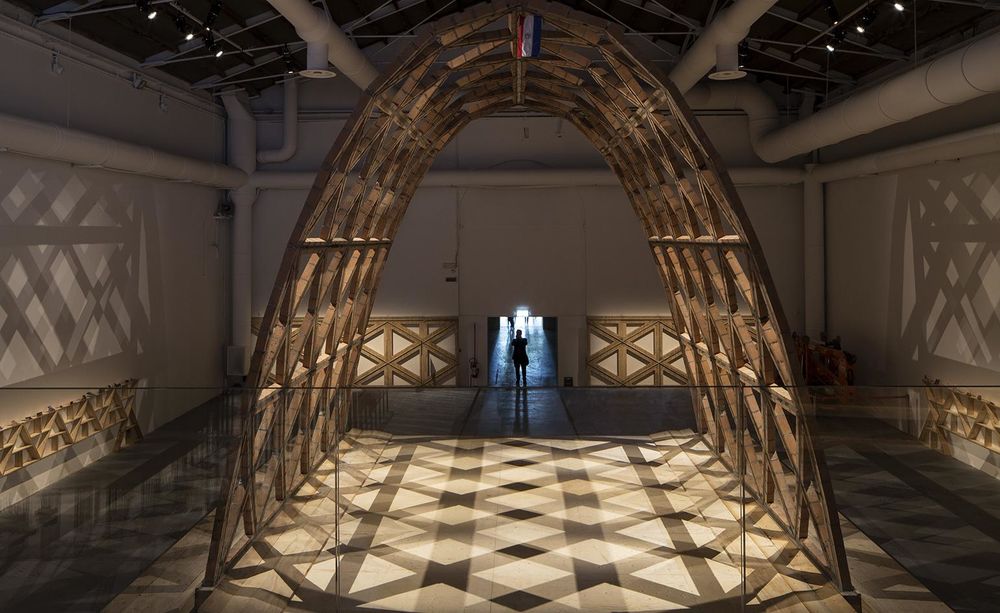
Former Silver Lion winners Grafton are back, this time focusing on their work in Peru. Photography: Francesco Galli
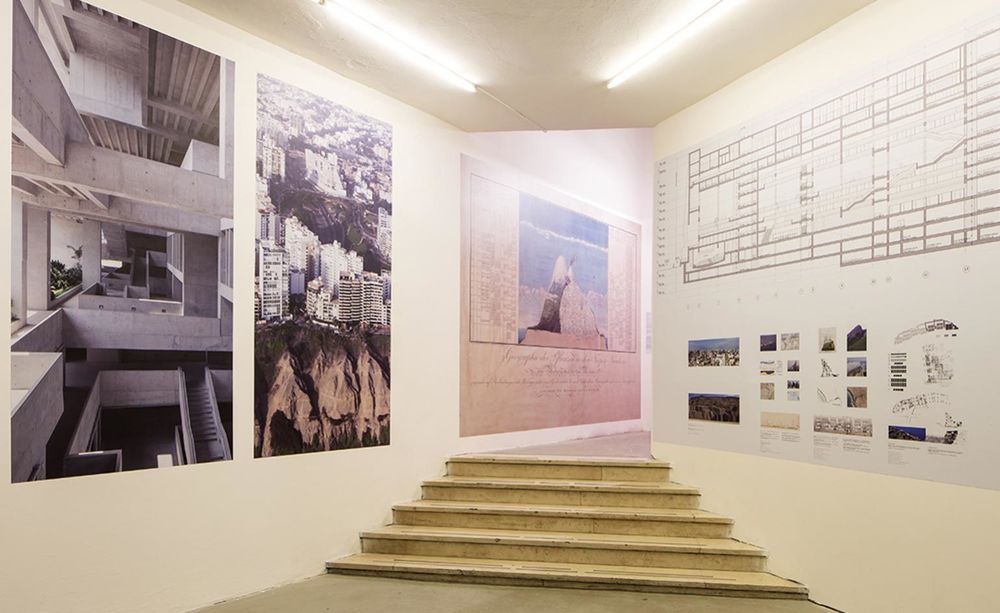
At the same time, Chinese firm Jiakun Architects celebrated 'everyday life' through their display. Photography: Francesco Galli
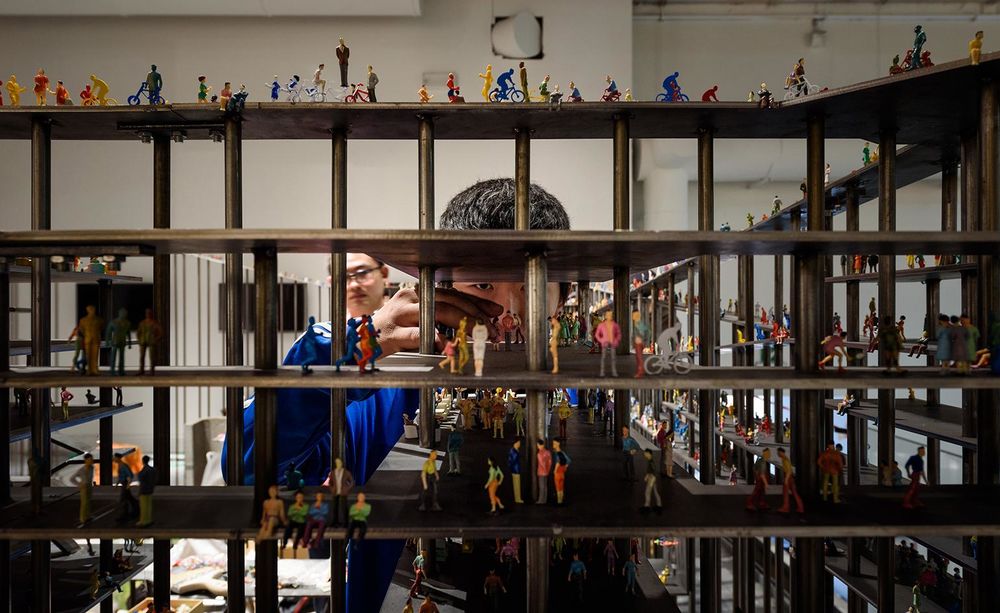
In the Sale d'Armi show ‘A World of Fragile Parts’, the Venice Biennale and the Victoria and Albert Museum collaborate in a display that investigates ideas of heritage, technology and copying
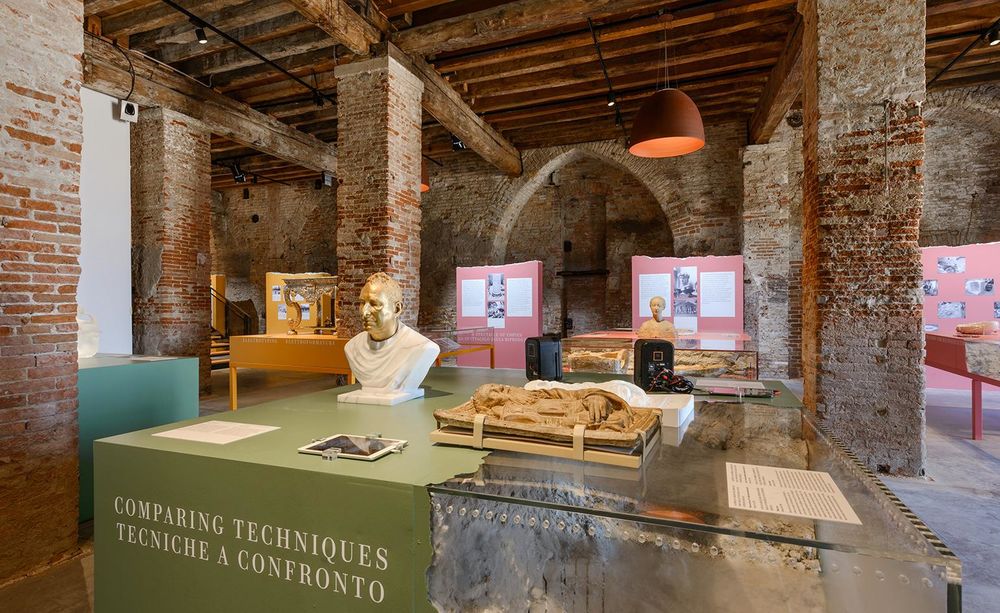
keywords:Venice Architecture Biennale, Architecture exhibitions
关键词:威尼斯建筑双年展,建筑展览

